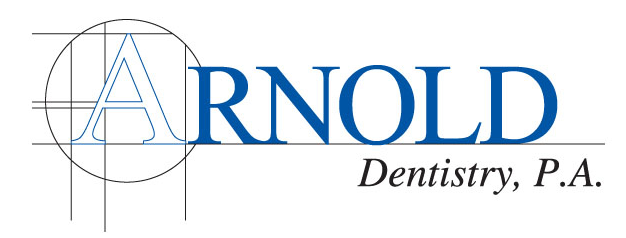Which Foods to Eat and Which to Avoid for A Healthier Mouth and Smile
Tue, May 2nd, 2023
When it comes to maintaining a healthy smile, most people focus on regular brushing and flossing, and visiting the dentist for check-ups and cleanings. However, there's another factor that is just as important: nutrition. What you eat plays a crucial role in the health of your teeth and gums, and can impact your overall oral health. In this blog post, we'll explore the role of nutrition in maintaining a healthy smile.
How Does Food Affect Your Teeth?
First and foremost, it's important to understand that what you eat affects the health of your teeth and gums in several ways. For one, the foods you consume can directly impact the health of your teeth. Sugary and acidic foods can lead to tooth decay and erosion, while foods high in calcium and vitamin D can help strengthen your teeth and prevent cavities.
Additionally, the nutrients you consume can impact your overall oral health. For example, a diet high in vitamin C can help prevent gum disease by strengthening the gums and supporting the immune system. On the other hand, a diet lacking in key nutrients can weaken the immune system and make you more susceptible to oral infections.
Which Foods Help Keep Your Smile Healthy?
So, what foods should you be eating to maintain a healthy smile? Here are a few key nutrients to focus on:
Calcium: Calcium is crucial for building strong teeth and bones. Good sources of calcium include dairy products, leafy greens like kale and spinach, and fortified foods like tofu and cereal.
Vitamin D: Vitamin D helps the body absorb calcium, which is why it's often added to calcium-fortified foods. However, the best source of vitamin D is sunlight. Spending just 10-15 minutes in the sun each day can help your body produce the vitamin D it needs.
Vitamin C: Vitamin C is essential for healthy gums, as it helps strengthen the connective tissues that hold your teeth in place. Good sources of vitamin C include citrus fruits, strawberries, kiwi, and bell peppers.
Phosphorus: Phosphorus works with calcium to build strong teeth and bones. Good sources of phosphorus include dairy products, lean meats, and seafood.
Fiber: Fiber is important for oral health because it stimulates saliva production, which helps neutralize acid and wash away bacteria. Good sources of fiber include fruits, vegetables, whole grains, and legumes.
Which Food Should Be Avoided for a Healthy Smile?
In addition to focusing on these key nutrients, there are also some foods you should avoid or limit in order to maintain a healthy smile. Sugary and acidic foods are some of the biggest culprits when it comes to tooth decay and erosion. These include candy, soda, sports drinks, and citrus fruits. If you do consume these foods, it's important to brush your teeth afterwards to remove any sugar or acid that may be left on your teeth.
Sticky and chewy foods can also be problematic, as they can get stuck in between teeth and lead to cavities. Examples include dried fruit, gummy candies, and caramel.
Finally, it's important to stay hydrated in order to maintain a healthy smile. Drinking plenty of water helps wash away food particles and bacteria that can lead to tooth decay and gum disease.
In conclusion, nutrition plays a crucial role in maintaining a healthy smile. By focusing on key nutrients like calcium, vitamin D, vitamin C, phosphorus, and fiber, and avoiding or limiting sugary and acidic foods, you can help keep your teeth and gums healthy for years to come. Of course, it's also important to brush and floss regularly, and visit your dentist for check-ups and cleanings. By taking a comprehensive approach to oral health, you can enjoy a healthy, beautiful smile for life. Contact Arnold Dentistry for all of your dental needs!






